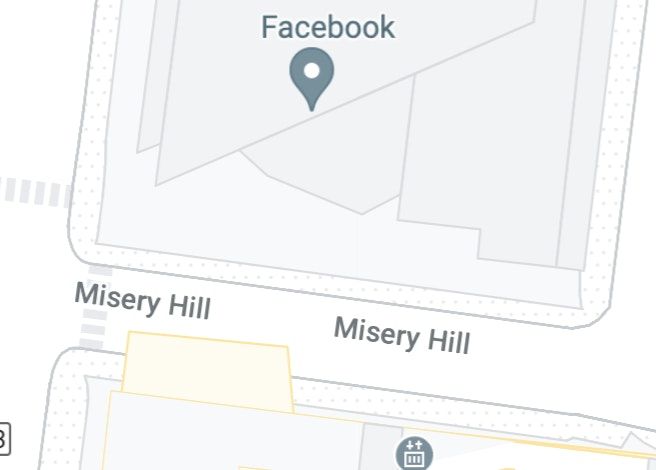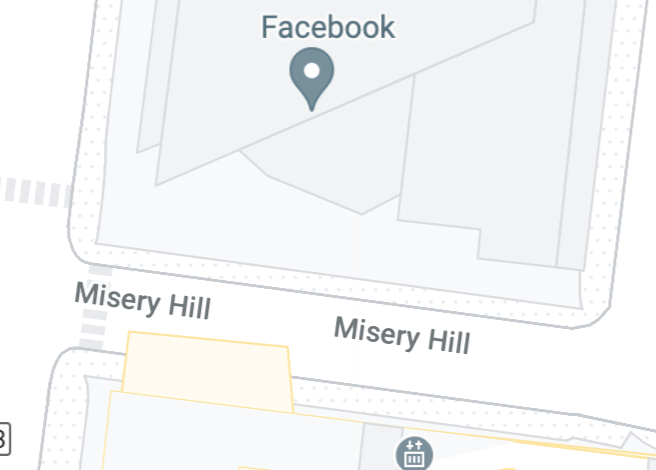The Gist: Facebook goes Meta
Facebook’s changed its name and wants everyone to look over there at a VR future. But both actions are attempts to escape its past and present. This is the Gist.

Rumours of a rebrand of the entire Facebook enterprise appeared only a week earlier. Then the announcement came. Facebook, the company, was no longer going to refer to itself as Facebook. It was now Meta.
Mark Zuckerberg, the Sun King of the Palace of Menlo Park, appeared in a series of hallucinatory video segments to explain that this was part of the company’s great refocussing towards the coming Metaverse.
To illustrate this future, the planet’s least convincing human interactions were shown in sequence, taking both video and virtual form, as Mark exchanged wordUnits with employees and the protagonists of Wii Fit with equal naturalism. One of the unsimulated recipients of these terror bytes of data was a bright-faced subordinate whose eyes carried the burden of the unheimlich experience throughout.
But from our point of view, we may probably dismiss the goggle-eyed vision of the future that was painted. Just as 3D TVs were universally accepted as the coming thing, and billion-dollar companies swung into making 3D content to feed the predicted 3D-glasses wearing family of the future and absolutely none of that actually happened, so the proposed metaverse is likely to remain a marketing fantasy until participation doesn’t invove strapping two televisions to the front of your head.
Rather we should see this rebrand as a reaction to Facebook’s real problems here in the present. They’re sufficiently bad that the company has good reason to run away from its own name. We might, if we were of a historical minded bent, term this the Windscale gambit.
As a company, it has one great advantage. It just can’t stop making money. Money oozes out of the walls and bursts up through the floorboards of every room and cupboard in its buildings. It is rich and profitable and is getting richer and more profitable every passing month.
But riches aren’t enough to protect a company from the consequences of its terrible, careless or care less, actions. Even an absurdly rich company can face a reckoning unless it also becomes powerful politically. And here Facebook faces the problem which has faced media conduits since news of Gilgamesh’s exploits was etched on stone tablets- being the source of news makes you unpopular with the objects of that news.
It has responded to this problem by adopting a sequence of actions. It denied it was a media company. It tried to cozy up to powerful factions, and favoured the faction that was in power by algorithmic decree. As the US political winds changed at the end of the Trump regime, it even tried to circle back to suppressing the political radicalisation it has prompted again.
But as long as people continue to get their information about the world outside their home from Facebook’s properties, Facebook cannot escape the political consequences of its actions. And those problems are not restricted to the US. Let us not forget that Facebook’s European headquarters sits on Misery Hill (no, really).
So we come back to their change of name this week. If Facebook can’t escape what it is, it will try to do something else. It will try and escape being Facebook. In that circumstance, its choice of new name speaks to exactly the impulses that have driven it.
For a name change that is entirely about itself, what else could the rebrand, and the action, be than Meta?





